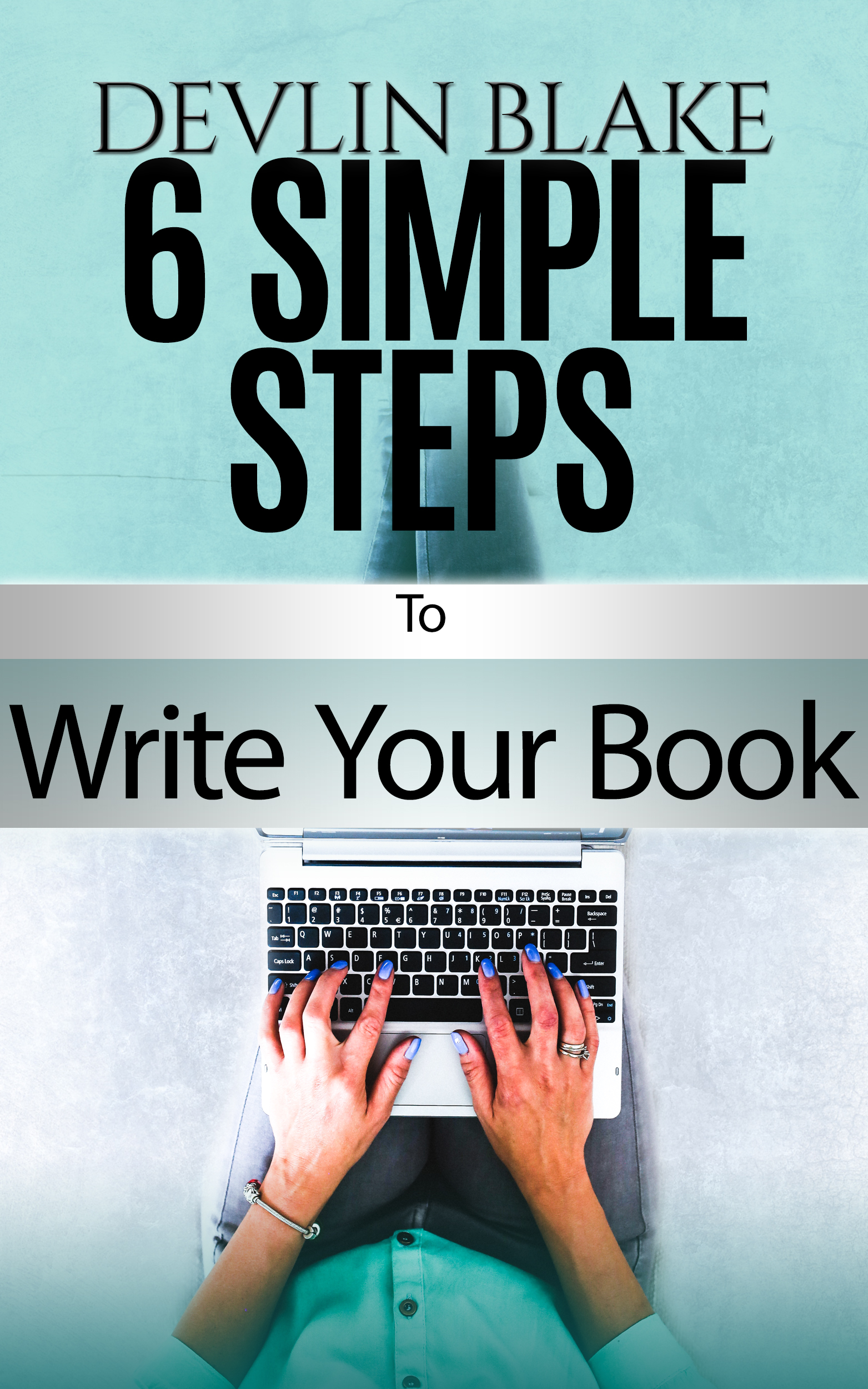
6 Steps To Write A Book
Let me know where to send it...

Let me know where to send it...
The Rise Of The Indie Publisher has just gotten started. And even though it’s been out for over a decade, it’s really just getting started. Last time, we went over the pitfalls of traditional publishing.
Now, it’s no secret I believe in indie publishing all the way. But that does come with it’s own issues. Here are the eight biggest.
This can be scary for a new writer. After all, when you publish traditionally, you feel you’ve been ‘chosen’ and that your book is somehow ‘worthy’. After all, the gatekeeper has given you permission to publish.
However, when you publish indie, you have to give yourself permission to publish. Amazon isn’t checking for quality, nor does any other online site. So your book can either be wonderful or a mess. The best way to handle this is to treat your book like a business and bring in the appropriate professionals to make sure it’s good. (editors, a book coach, proofreader, designer, formatter)
It’s easy to think of Amazon as a bookstore, where your book in X category will show up when people ‘browse’ it, but that’s not how it works. Amazon is really a giant search engine, in the top five search engines in the world. (It’s an a-9 in case you’re someone who knows what that means and wants to use it.) So when writing the description for your book, you’d treat it just like a blog post. Appeal to both the search engine and the reader, and you’ll come out on top in this non-bookstore.
This one is going to sound contradictory since I keep insisting your book has to be good. But that’s just it; it has to be good, not perfect. You don’t have to be in the top 1% of writers in order for your book to sell. Twilight certainly wasn’t, and it still sold. So this gives you ‘permission’ to publish your book once you are sure about it.
A lot of marketers start marking their books before they even write them. This is not something I advise for a first book. For a first book, you need to make sure that it’s a great book. If your book stinks, no amount of marketing will save it. If you’ve written a bad book, marketing only makes it fail faster. Be sure of quality control before you release it and start marketing it.
No one has ever gotten rich off one book. Even JK Rowling had 7 books. In order for your book to make you real money, you need other products to sell your new readers AFTER they buy your book. For non-fiction readers, that could come in the form of classes, one to one services or group coaching. For fiction writers, that means more books and possibly merchandise.
This is always a tricky thing to talk about. You shouldn’t pay a publisher, but you do need to pay to publish. Book coaches, editors, proofreaders, formatters, and designers are all the people you can (and should) hire to make your book a reality. You can hire them individually, or you can hire a service that takes care of all that for you.
However, this service is not ‘publishing’ your book, but instead making it publishable. This is an important difference. If you go with a ‘paid publisher’ you’re going to end up with either a box of books in your basement or your rights half owned by someone else.
Or both.
Any questions I didn’t cover, ask in the comments.